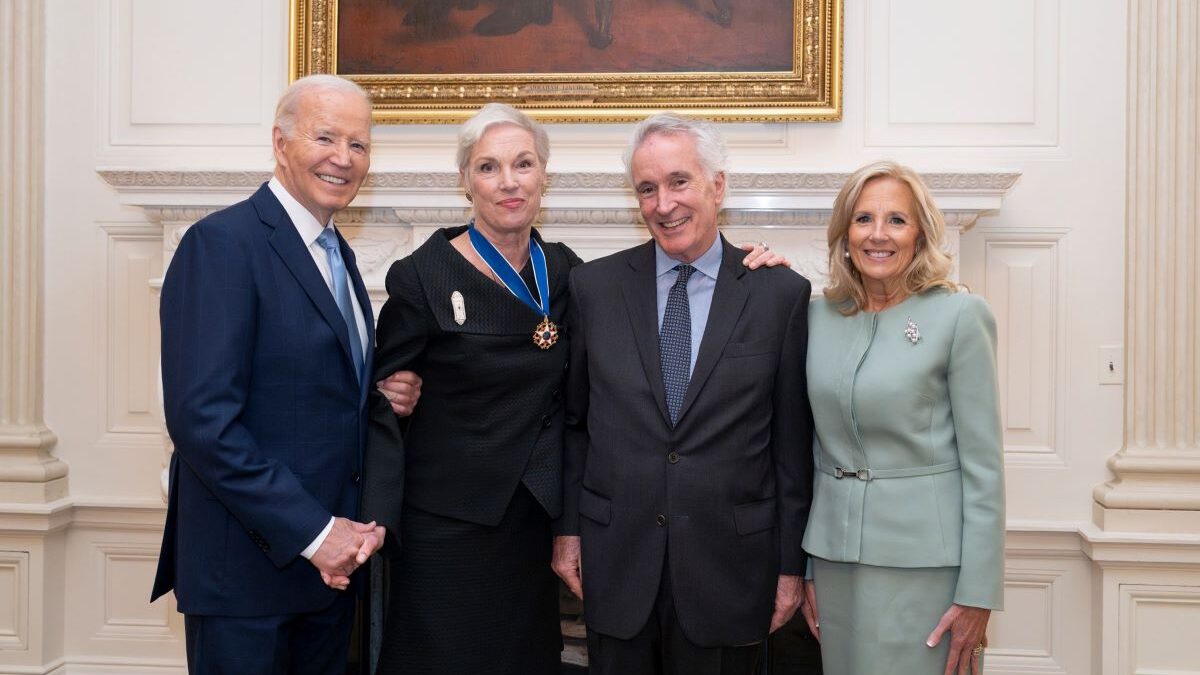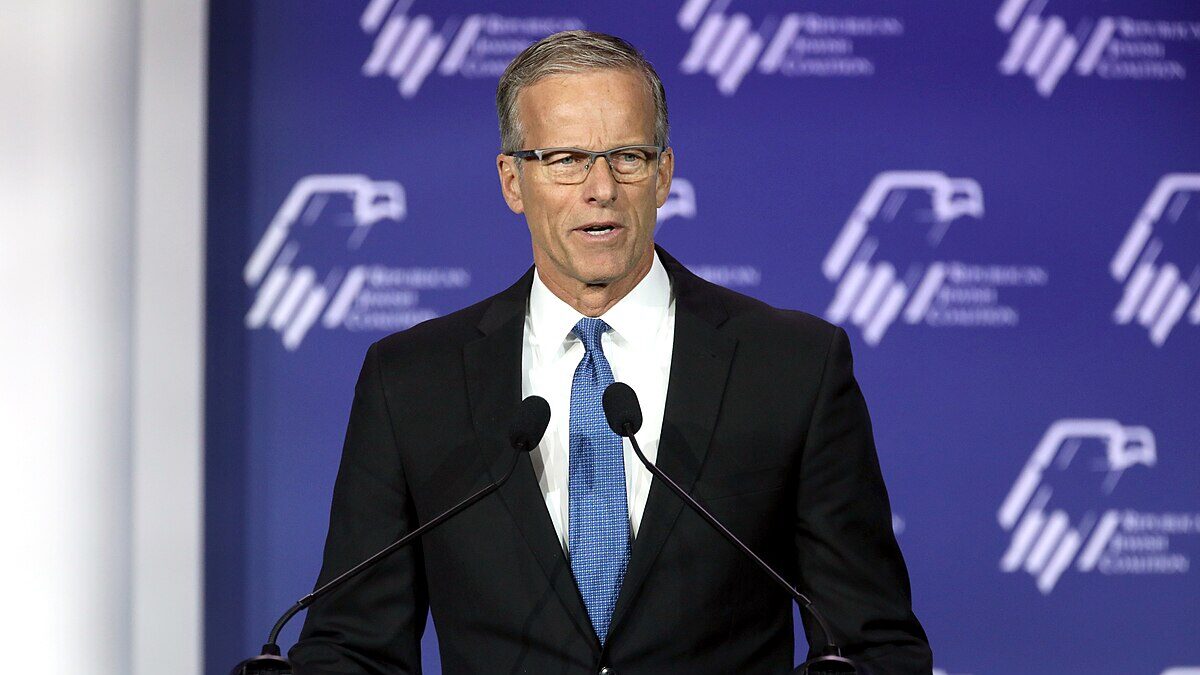
In 1964 Supreme Court Justice Potter Stewart famously had this to say about pornography: “I shall not today attempt further to define the kinds of material I understand to be embraced within that shorthand description [“hard-core pornography”], and perhaps I could never succeed in intelligibly doing so. But I know it when I see it, and the motion picture involved in this case is not that.”
In this case, the court found in favor of a movie theater that was allegedly showing an obscene film. The “I know it when I see it” definition is obviously problematic in myriad ways, not least of which is that a person crossing the line into porn, or any other restricted activity, has no real basis to know where that line is.
As Stewart points out, some questions, like what is porn, defy simple categories and definitions, so instead must be judged on a subjective societal scale. Potter isn’t simply saying that he can’t intelligibly define porn; he’s saying the court and the state can’t. Frankly, neither can society at large.
Something very similar is occurring with the concept of racism in our discourse. While once we had, or thought we had, some fairly firm definitions for racist activity or speech, most having to do with intent or belief, we now have an “I know it when I see it” standard. The same problems underlie this standard in regard to racism: nobody can really know when he is guilty of it.
Donald Trump tweeting that the leftist non-white women in the House of Representatives loosely known as “The Squad” should go back to the countries they came from and fix the problems there, then come back and show us how they did it, is a prime example of how different Americans define racism differently.
Of the congresswomen Trump was presumably talking about, only Rep. Ilhan Omar was born in another country, Somalia, which has a government that makes “Lord of the Flies” look like a democratic utopia. In regard to the others, I think Trump deserves some criticism for not understanding they are just as American (as is Omar) as he is.
But let’s not kid ourselves. Rep. Rashida Tlaib identifies as a Palestinian-American and Rep. Alexandria Ocasio-Cortez identifies as a Latina-American. When Trump suggests they go to the places they identify with and pull the planks from their eyes there, he’s not just making stuff up. He’s making an entirely reasonable point that America is pretty awesome in comparison to a lot of places. Presumably this is why so many people want to be here.
But let’s think about what the “I know it when I see it” standard did for pornography in the United States. This “I don’t know, maybe it is, maybe it isn’t, maybe even it is it’s fine” attitude, along with the Internet, has made pornography a staple of American society. It is ubiquitous and unstoppable. Don’t we see the same thing occurring with accusations of racism, and maybe even the fostering of racist beliefs?
As I have long warned, many white Americans have become so fed up with notion of their unintentional racism, and their duty to pay reparations for the sins of their fathers and mothers, that they have turned a blind eye to the racism that does actually exist. But are they really to blame for this?
House Speaker Nancy Pelosi and Joe Biden have both recently been accused of racism, or engaging in racist tropes, or whatever we’re calling it now. The attacks are nonsensical and absurd. Ultimately, so too are the attacks on Trump. Racism has become the new pornography. We know it when we see it, maybe. Or maybe we are wrong. Maybe saying “Whiteness is bad” is perfectly fine and everything is about the color of our skin.
I hope this isn’t the case. But I worry my hope is a rusted penny dropped in a fountain that can grant no wishes. My better and sensible mind knows that, just like pornography, racism will flourish under a “I know it when I see it” philosophy and an Internet that is not shy about flaunting its views. I wish us luck.








